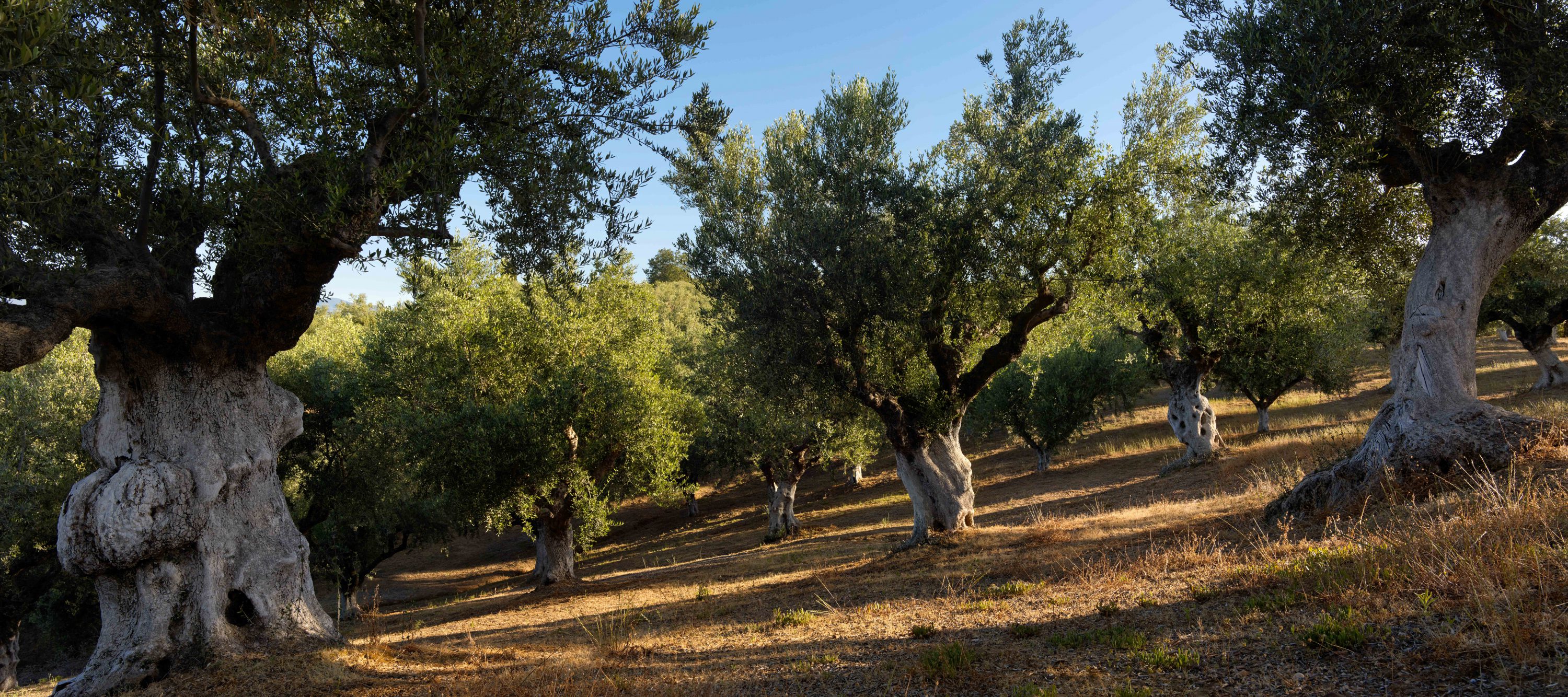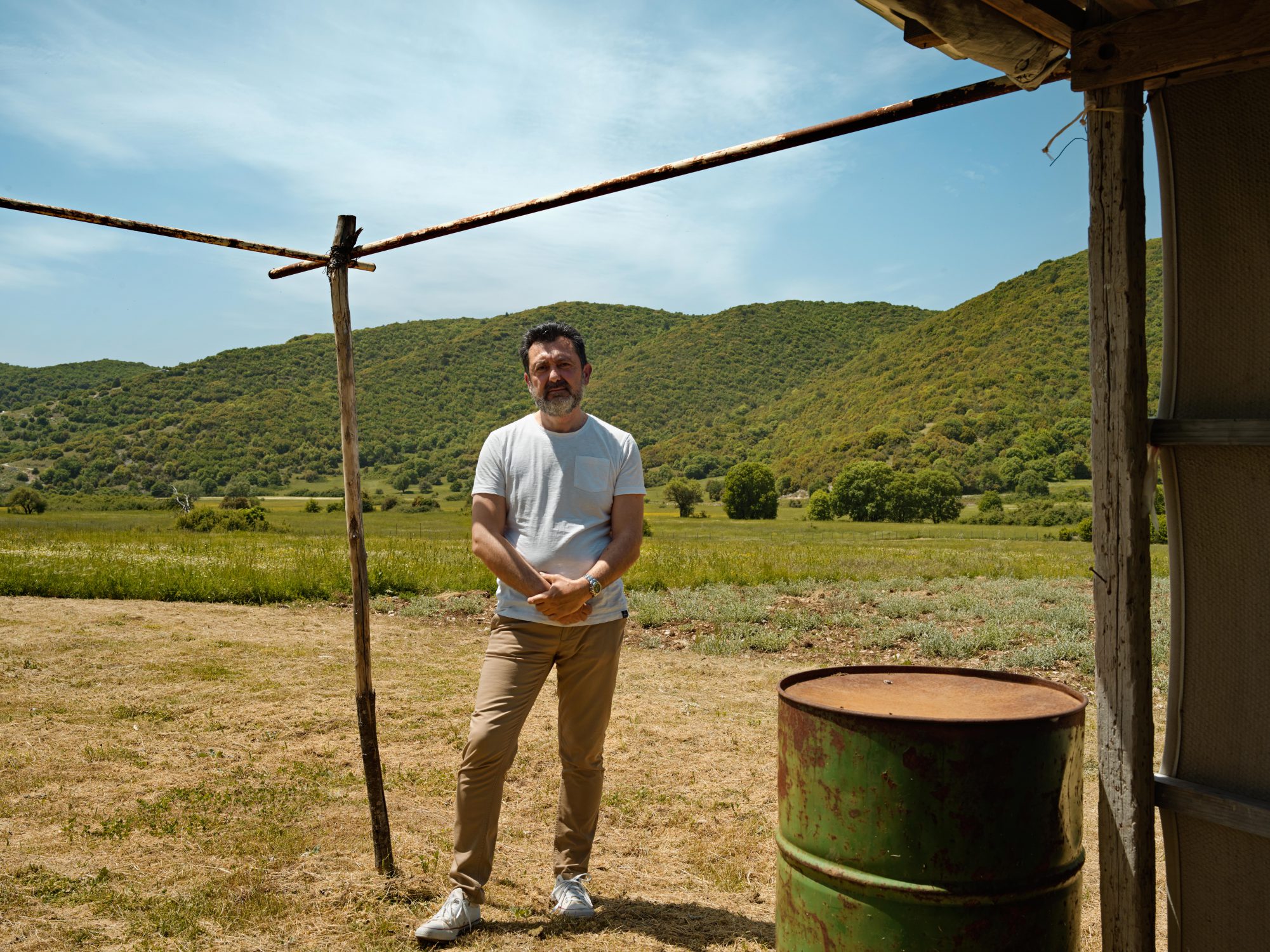
Greek agriculture is typically small in scale; in many respects the sector is still fragmented. Greece has a large internal market that is conveniently structured, with a concentration of consumers in and around Athens and Thessaloniki.
The agricultural sector is made up of many small companies, which lack the capital to make major investments, whereas innovations are necessary to keep up with the ongoing modernization of farming.
Greece lacks the knowhow to implement modernization. Furthermore, the mainly older local Greek farmers do not always dare to take risks and, being conservative, tend to stick to their old ways. There is inadequate experience with modernization and inadequate support from the government. An interesting recent study showed that under current circumstances, no fewer than a million highly educated Greeks (three quarters of them forty-four years old or younger) indicated they were seriously considering moving to the countryside to start a new life.
The Greek market for organic foods is still in its infancy, but the expectation is that this sector will grow over the next few years. Imported products now make up 25 per cent of the market, since Greek ecological agriculture and livestock farming gets little support from the Greek government. Among the most popular organic agricultural products are olive oil, wine and citrus fruits.
Greek cuisine is an important part of the culture. Greeks attach great importance to fresh and high-quality ingredients. On average, they spend the largest share of their income on food, 17.3 per cent. Greeks like best to buy their vegetables from a greengrocer, their bread from a baker and their meat from a butcher.
Source: Wageningen University & Research
Greece
Its Mediterranean climate and many hours of sunshine make Greece the ideal holiday destination, but they also make it a great place to grow vegetables and fruit. The Greek government has therefore identified the agricultural sector as a top priority for stimulating economic growth.
We visited a number of organic growers, every one of them a pioneer in the field of organic farming.


